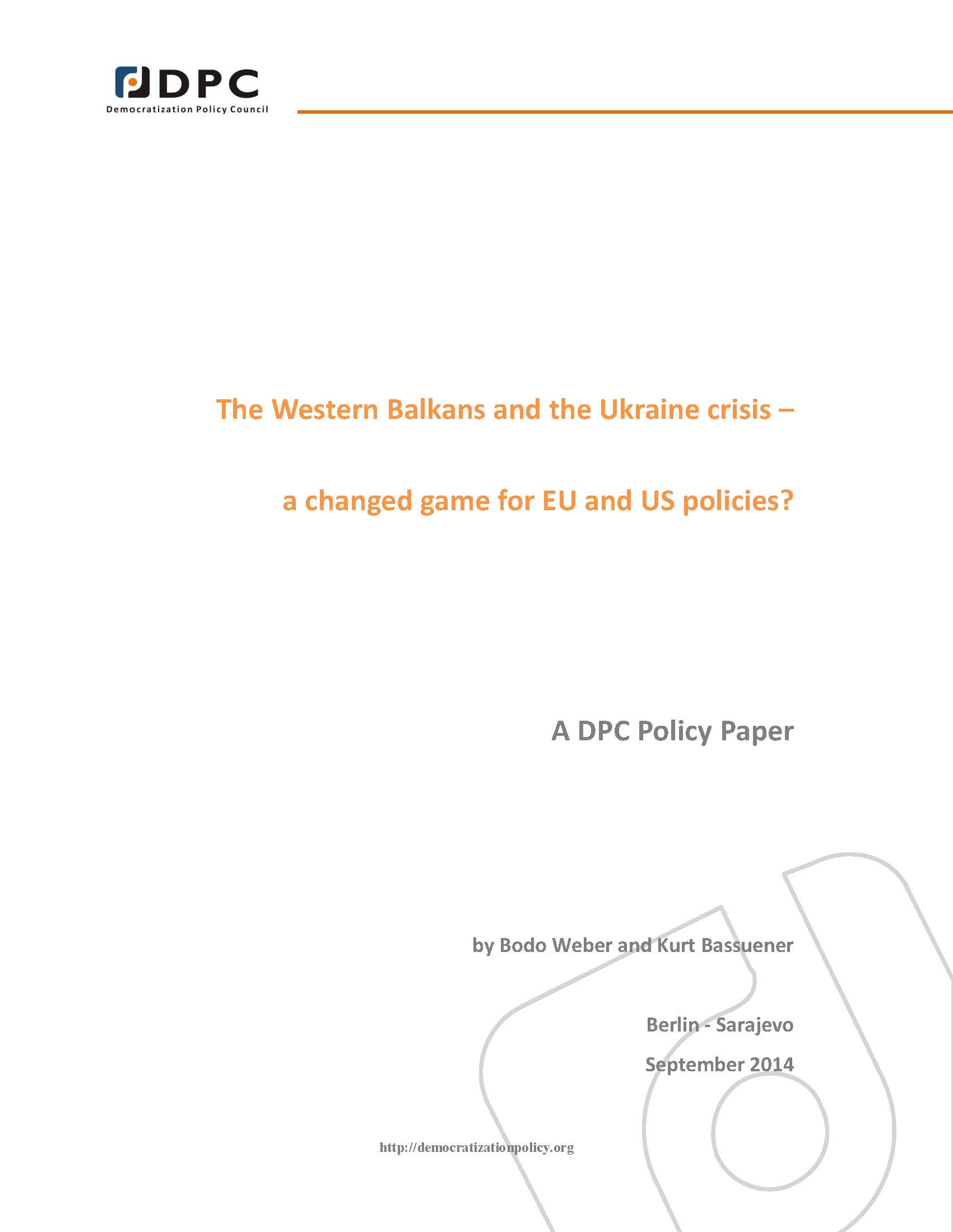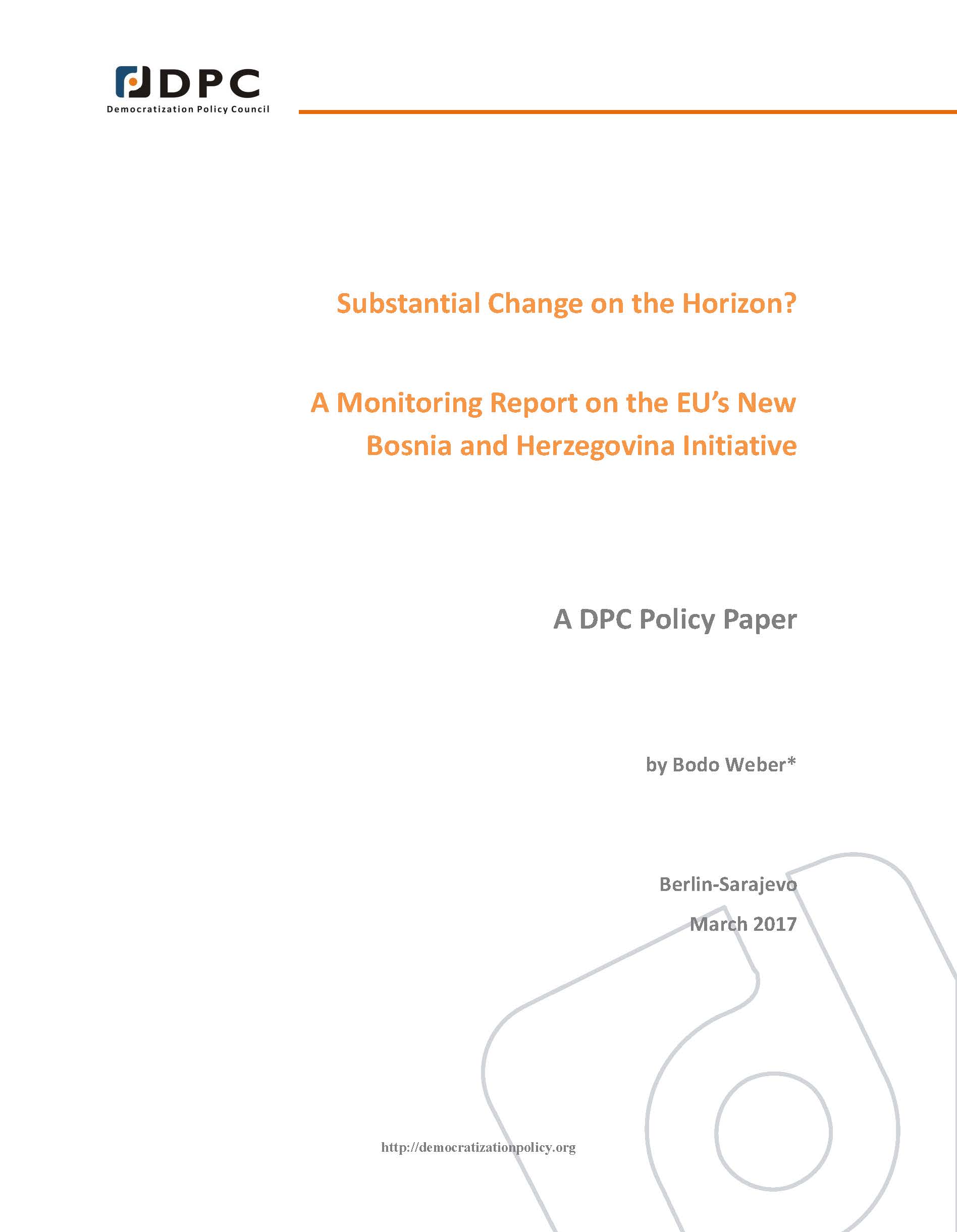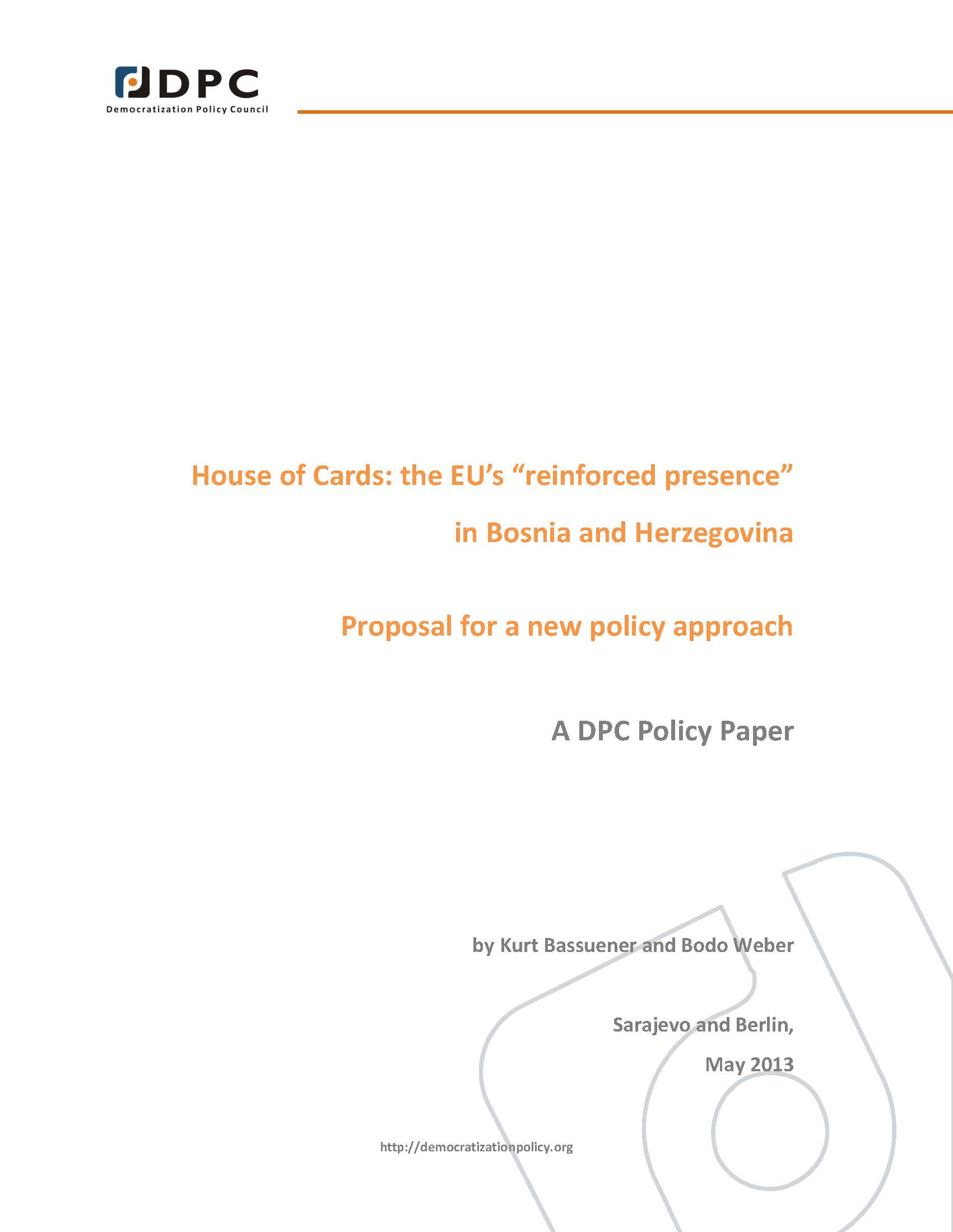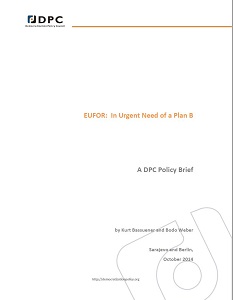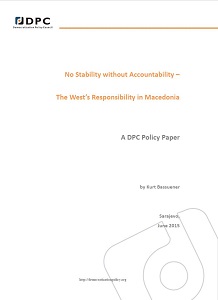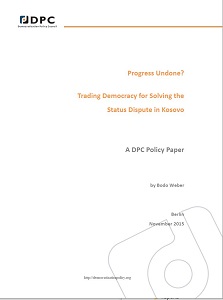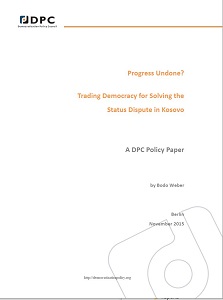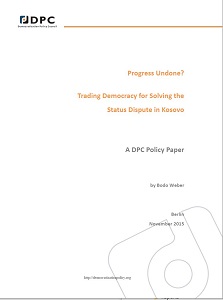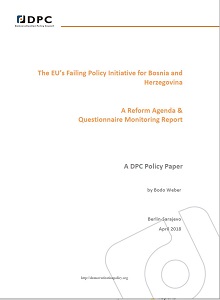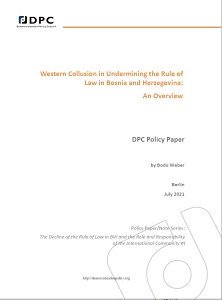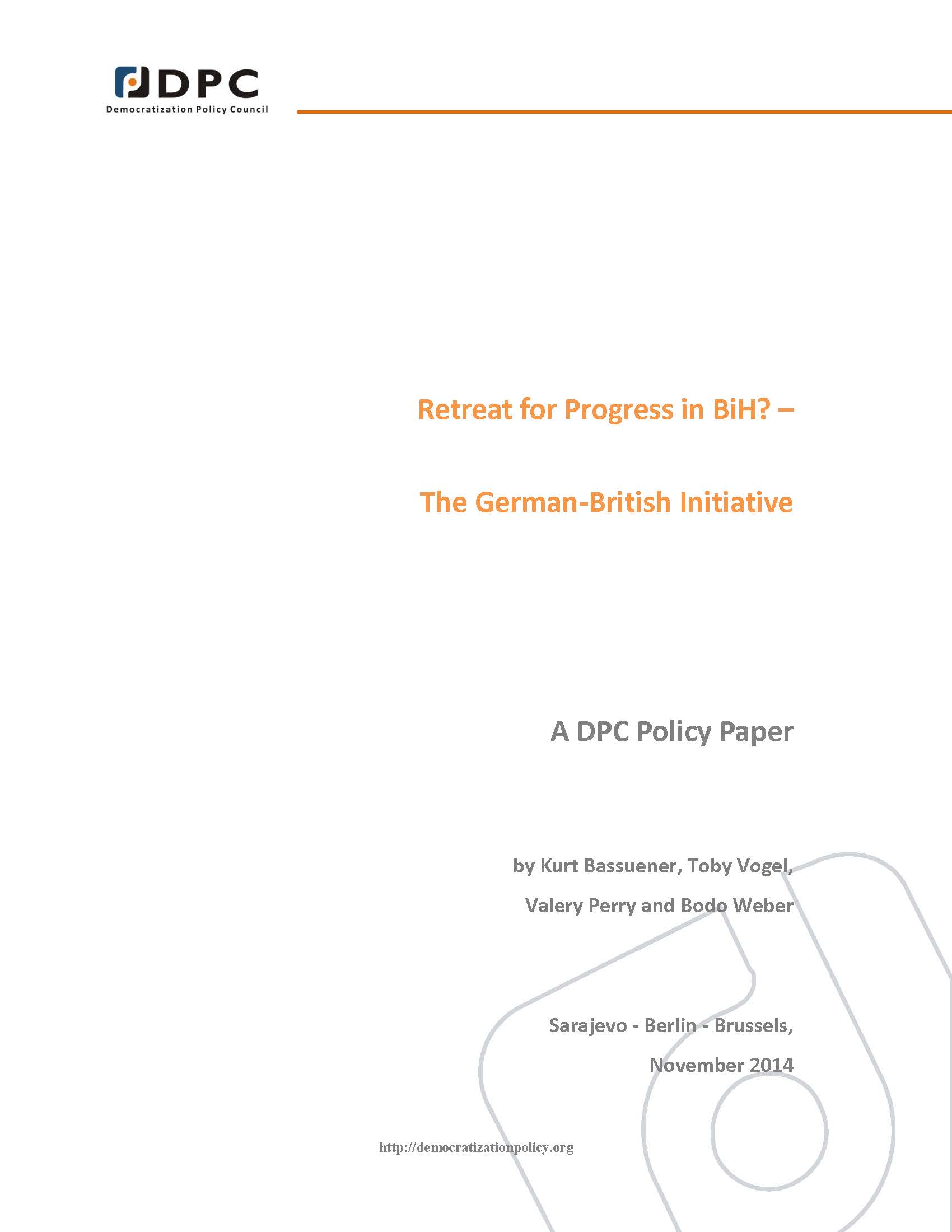
Retreat for Progress in BiH? – The German-British Initiative
Retreat for Progress in BiH? – The German-British Initiative
Keywords: BiH; progress; retreat; German-British; initiative; October; general elections; constitutional reform; Sejdić-Finci; ethnicity; EU;
On the heels of the October general elections, representatives of Germany and the United Kingdom announced a new initiative to engage with Bosnia and Herzegovina (BiH) and re-shape its European integration path after years of stalemate or even reform regression. The initiative includes all of the off-the-shelf ingredients of previous efforts to jump-start the reform process in BiH, such as written commitments (applied in the past to police reform, constitutional reform, etc.) and a reform agenda (as in the Partnership Document). But it lacks the specificity or leverage of these past efforts. The aim seems to be to steer around all contentious issues and focus on socio-economic development without associated “political” reforms. To this end, it postpones and substantially weakens the condition that the European Court of Human Rights’ Sejdid-Finci ruling be implemented. But the economic pillars of power of the BiH political elites are just as sensitive for them as the ethno-nationalist ones. The initiative builds on the shaky foundation of the EU’s prior behavior in BiH, which has led local political leaders to rightly discount the Union’s seriousness on conditionality. Unless this perception is changed, this initiative is likely to fail just as those which preceded it.
More...
